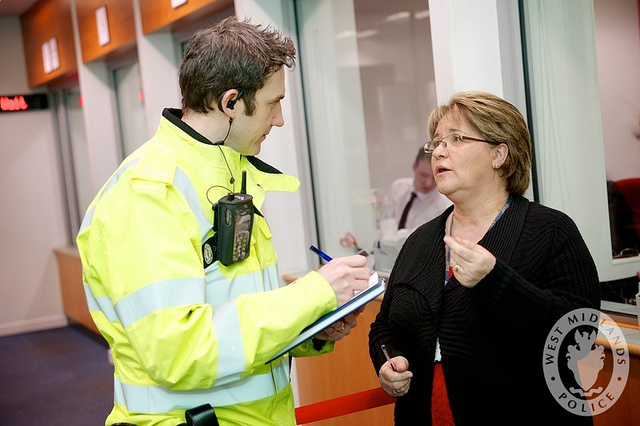Fraud, when discussed in the context of workers' compensation, is an interesting thing that many can't seem to agree on. Some injured workers will tell you that there is virtually no such thing as workers comp fraud (except for all the fraud committed against them by the entire world -- insurers, employers, regulators, Starbucks baristas and assorted Disney characters). Workers will grudgingly admit that in the event workers comp fraud does exist at all, it is so inconsequential, so infinitesimal, that it doesn't even deserve the time of day. Some on the professional side seem to believe that any claim is a fraudulent one and that injured workers are "guilty until proven innocent." They view every claim through a suspicious microscope and look for any indicator that someone is trying to pull the wool over their eyes.
The reality is that workers comp fraud exists, both on the worker and employer side. Fraud represents the minority of cases, but its presence makes it ever more difficult for the legitimately injured to navigate the labyrinth of comp.
All I know is this: We are far, far too easy on fraud cases when they are caught.
Our CompNewsNetwork ran a story about a former California Department of Corrections and Rehabilitation officer who pleaded no contest to felony workers' compensation insurance fraud. He had filed a workers' compensation claim alleging he had injured his foot while working in the prison. It appears, however, that he failed to disclose his participation in certain events and activities. Those activities included "a 50-mile hike over rugged terrain just three weeks after he reported being injured at work." They also included activities like rock climbing, snowshoeing and acting in two plays, with multiple performances. He also engaged in numerous extreme hikes in rugged mountainous terrain during the one year and two months he was off work collecting benefits. Not to be satisfied with just committing fraud, he apparently felt compelled to document the endeavor, making video recordings and taking photos of many of his hikes and other activities.
Now, here's the rub: He will be placed on probation and ordered to serve 150 days in county jail, with the sheriff’s work furlough program recommended. He will also be ordered to pay to the California Department of Corrections and Rehabilitation and State Compensation Insurance Fund a stipulated restitution amount of $33,262.56, with an additional $10,453.68 in discretionary costs to be determined by the court at sentencing.
In what can be termed the "coup de grace" (or Coop Da Grass as it is pronounced in northern Florida), if he pays restitution in full, the charge will be reduced to a misdemeanor.
Really? You can steal $33,262.56 but have it classified as a misdemeanor if you give it back? Is that the way it also works for embezzlement? Armed robbery? Burglary? If you give it back, all (or most) will be forgiven? The recommended time in the sheriff's work furlough program is a nice touch, as well. Can he work as a corrections officer while on work furlough from jail? That would be a short commute.
I suppose that means he could supervise himself.
This isn't the only fraud story I've seen with what I consider ridiculously light punishment. The problem, in my humble opinion, is that workers' comp fraud is a crime, but all too often it is treated as a minor indiscretion; they weren't stealing, they just filed a less than truthful claim and let the system send them money while they played or worked for cash or did whatever floated their boat at the time. The fraud is almost treated as a victimless crime, as people find it difficult to view an insurance company as a victim.
Never mind that we all pay for fraud, whether it is a faking prison guard or an employer flashing a bogus certificate of insurance. There are even bigger victims of fraud. They would be the legitimately injured who endure all the extra scrutiny that the specter of fraud brings to the table. These would be the people who are questioned simply because the possibility exists, and who are often left to feel as if they somehow wronged society by getting injured in the first place.
Getting injured isn't criminal. Faking an injury, quite frankly, is, and we should not be afraid to treat those who do so as the felonious thieves they actually are. We need to be tough on workers' compensation fraud.
It is the only way we will eventually see less of it.








